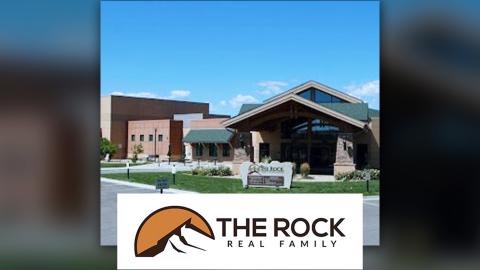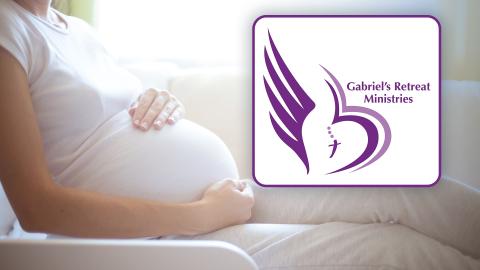Up Next for Trump: Historic Supreme Court Ruling on Immunity
Within days, the U.S. Supreme Court is expected to release an unprecedented decision regarding presidential immunity.
It is a crucial moment for the United States, especially since this case involves former President Donald Trump, who claims he acted in his official duties as president on January 6th and is immune from prosecution.
"Regardless of what the court does here, the decision they are going to hand down is going to have a significant effect on executive power moving forward," explained Cedarville University political scientist Dr. Mark Caleb Smith.
That's because of the possible impact on past presidents.
For example, a ruling that presidents do not have unlimited immunity could mean the potential for former president Barack Obama to be held liable for ordering the assassination of Osama bin Laden.
The same could go for George W. Bush for his role in the Iraq war and execution of Saddam Hussein, and Bill Clinton for the bombing of a Sudanese pharmaceutical plant.
The case before the court may come down to official acts as president and unofficial acts as a private citizen or presidential candidate.
So, how do we decide, who decides what is official and what isn't?
Smith said the clearest place to go to decide what is an official act, and what's not, would be the U.S. Constitution itself.
"Now, it's not going to be an exhaustive list, but when we're seeing the president execute powers listed there in Article Two," he said. "So for example, something like Commander-in-Chief power, the power of appointment; those are presidential powers recognized and authorized by the Constitution. It is difficult for me to imagine that the president can be criminally charged simply for executing those kinds of powers."
Bradley Jacob, Associate Dean at Regent University Law School, said courts have already established a legal precedent on civil immunity for presidents.
"You can't get damages from a president because of his decisions," he explained. "And I'm not sure that any of those other issues violated the criminal law because if you're in a military situation, the president has quite a bit of flexibility as commander-in-chief, and throughout the whole history of the world, presidents, kings, executive leaders have ordered military actions that have caused their people to die."
Smith argues that the court is likely to rule that presidents are subject to the same criminal standards as military officers.
"You have certain proper functions, you have the rules that are in place under the uniform code of military justice, once you step outside of those, well, then you can be held responsible," he explained. "I think the president is going to end up in a similar place."
Most constitutional law scholars agree: that the court is likely to rule that presidents have immunity from prosecution only for their official acts as president. So, does that mean Donald Trump's criminal trials could be dismissed?
Jacob said he doesn't believe any of them will go away. "Maybe a few of the allegations, a few of the indictments will be thrown out. But by and large, I think you're going to see continued movement towards the trials of President Trump, but probably not fast enough to reach any conclusions before the election," predicted Jacob.
Regardless, this historic and unprecedented Supreme Court decision is expected to result in constitutional consequences not only for Donald Trump but for the future of the American presidency.




